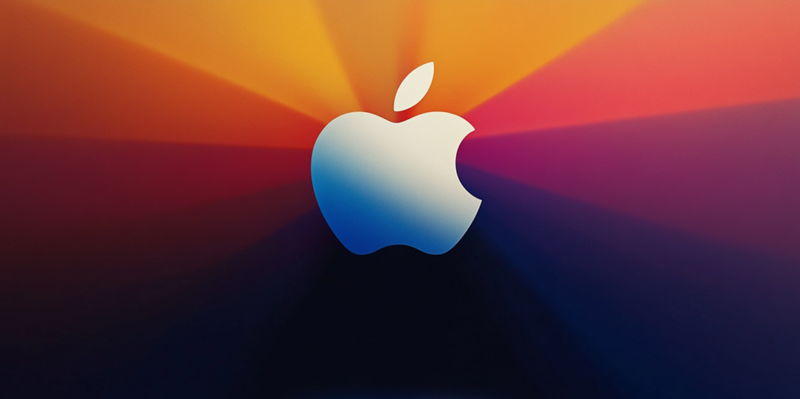Apple has rolled out a comprehensive security update on October 29, addressing critical vulnerabilities across a wide range of its services and operating systems. The update affects macOS, iOS, iPadOS, watchOS, tvOS, and visionOS, and even stretches to Apple services like Safari and iTunes. This move underscores the importance the tech giant places on keeping its software secure to protect user data. By addressing these vulnerabilities, Apple ensures that millions of devices remain protected against potential attacks, highlighting the necessity for users to stay current with software updates.
Among the key vulnerabilities patched in macOS was one that could potentially allow an attacker to access contacts’ information, read sensitive location data via the Find My service, and even leak kernel state information. This level of vulnerability could have had significant implications if left unaddressed, making the update a critical step in securing macOS devices. Another issue tackled by the update was a vulnerability that could lead to denial-of-service attacks through a malicious image, offering attackers a relatively straightforward route to disrupt system functionality.
Moreover, a separate flaw in Safari’s Private Browsing mode was also rectified. This specific vulnerability exposed users’ browsing history, undermining the fundamental privacy protections expected from such a feature. The browsers on iOS and iPadOS were not immune either; a flaw was found that allowed individuals with physical access to view private data on locked devices, including contacts’ photos due to Siri-related vulnerabilities. These vulnerabilities emphasize how seemingly minor flaws can lead to substantial privacy violations if left unchecked.
The visionOS 2.1 update was particularly noteworthy, addressing more than 25 security issues. These ranged from vulnerabilities that allowed malicious actors to execute arbitrary code, access sensitive information, or even crash the system entirely. The breadth and depth of these updates demonstrate Apple’s commitment to proactive security measures. The contributions from various researchers and cybersecurity groups, such as the Zero Day Initiative, CrowdStrike’s Counter Adversary Operations, and Dawn Security Lab, played a critical role in identifying these flaws.
In conclusion, Apple’s latest security updates expressed the company’s dedication to maintaining the integrity and security of its vast ecosystem. By promptly addressing these vulnerabilities, Apple ensured that its users’ privacy and data security were fortified against possible threats. This proactive approach to security served as a reminder of the ongoing battle to safeguard personal information in an increasingly digital world.

